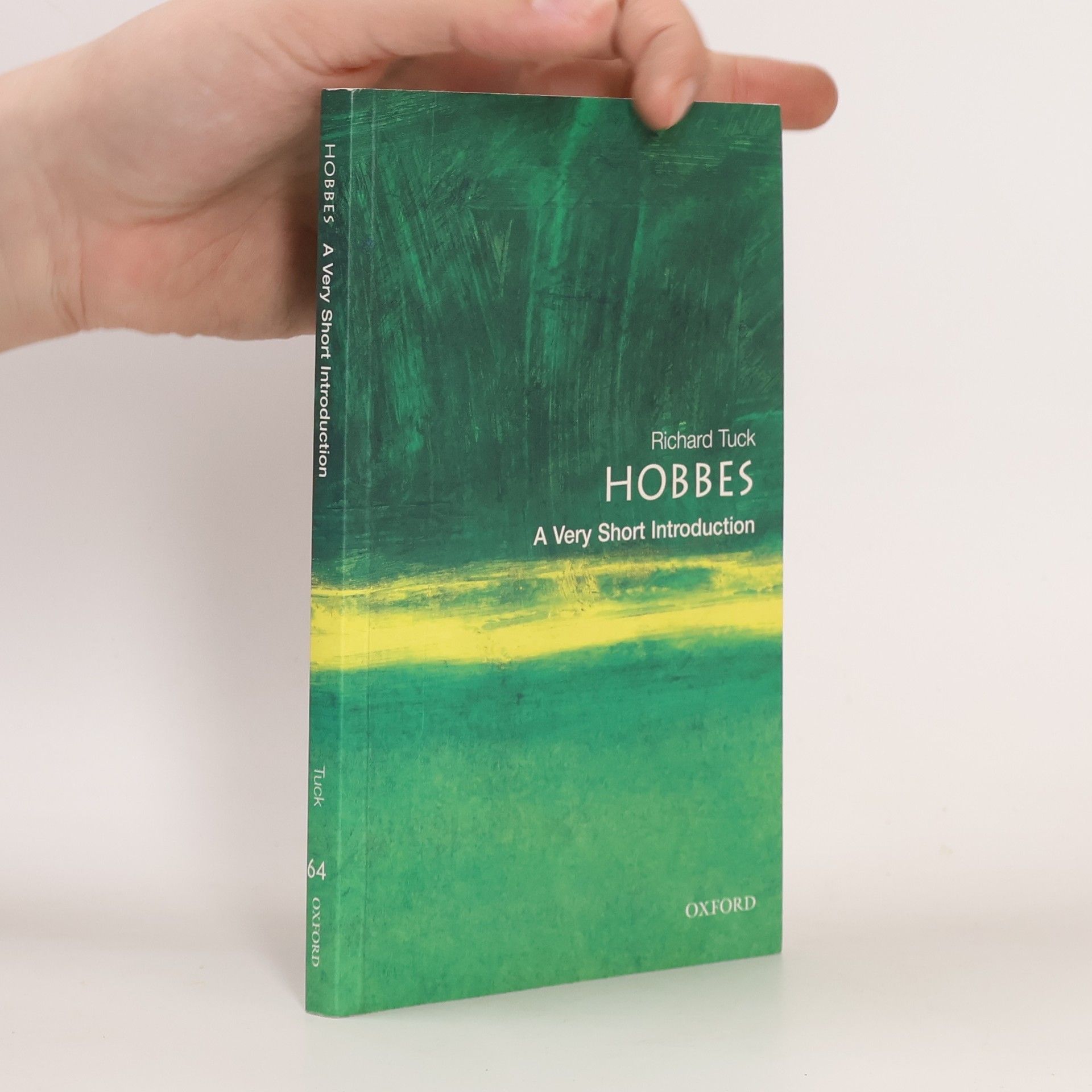The Left Case for Brexit
- 200 pages
- 7 hours of reading
Why opposing Brexit means opposing socialism and democracy--
Richard Tuck is a premier scholar in the history of political thought. His works delve into a wide array of subjects, encompassing political authority, human rights, natural law, and toleration. His scholarship scrutinizes key thinkers and the historical trajectory of political ideas from Grotius and Hobbes through to Kant. Tuck also explores the origins of economic thought and contemporary challenges within that field.






Why opposing Brexit means opposing socialism and democracy--
An examination of how the modern idea of constitutional referendums developed and how direct democracy became possible in modern states.
This major new contribution to our understanding of European political theory will challenge the perspectives in which political thought is understood. Framed as a general account of the period between 1572 and 1651 it charts the formation of a distinctively modern political vocabulary, based on arguments of political necessity and raison d'etat in the work of the major theorists. While Dr. Tuck pays detailed attention to Montaigne, Grotius, Hobbes and the theorists of the English Revolution, he also reconsiders the origins of their conceptual vocabulary in humanist thought--particularly skepticism and stoicism--and its development and appropriation during the revolutions in Holland and France. This book will be welcomed by all historians of political thought and those interested in the development of the idea of the state.
Thomas Hobbes, the first great English political philosopher, has had the reputation of being a pessimistic atheist. This study evaluates Hobbes's philosophy, describing him to have been passionately concerned with the refutation of scepticism, and to have developed a theory of knowledge, which rivalled that of Descartes in its importance.
§ Thomas Hobbes` Ideen über die Freiheit und Unfreiheit des Individuums, über Macht, Gewalt, Gesetz und Gerechtigkeit waren für die Entwicklung der westlichen Demokratien von grundlegender Bedeutung. Überraschende Aspekte eines großen politischen Denkers - die spannende Einführung in das Leben eines der wichtigsten Philosophen der Neuzeit.§